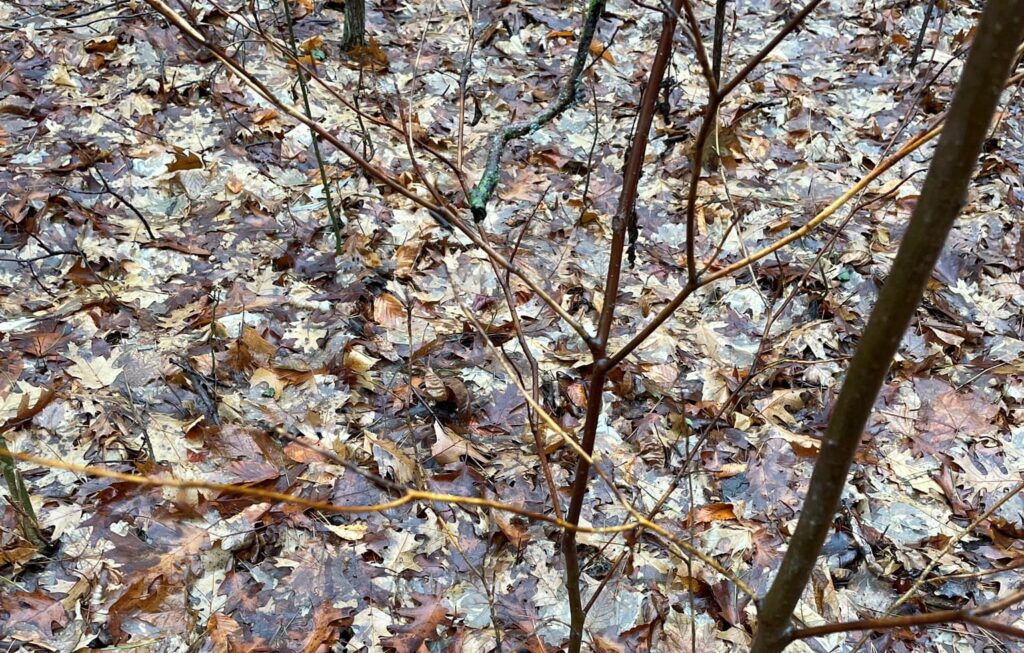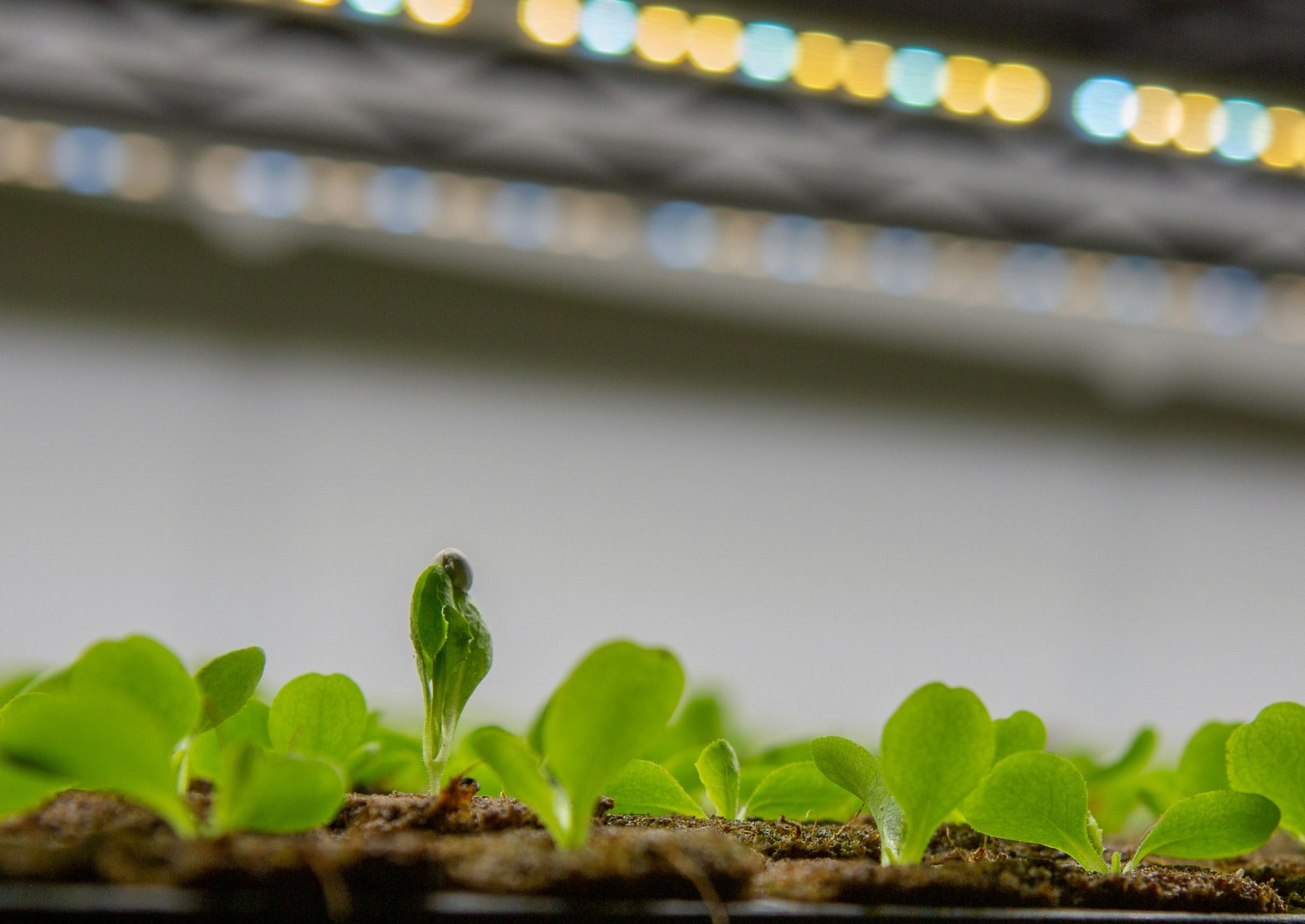By Claudette Sims, Halton Master Gardener
Winter sowing
Start your native plant garden. Search for free seed libraries in your area — here’s one for Hamilton. Read Halton Master Gardener Bev Wagar’s excellent blog posts on winter sowing of seeds.
Attend a Seedy Saturday/Sunday event in your area. Check our “What’s Growing On” page in the February issue of the Halton Master Gardeners’ newsletter, Cross Pollination, for more details.
Veggies
Consider starting some leafy greens indoors. Good choices include microgreens, lettuce, dwarf kale, mesclun mix. Read our “Indoor Veggie Garden” blog to learn how!
Find seeds
Search for seeds by company name or name of the seed at the Canadian Seed Catalogue Index (CSCI).
Seed starting
Use this Seed Starting Date Calculator to determine when to start your veggie seeds. Enter May 17 as our area’s frost-free date. Wait for March before starting tomatoes.
Trees
Black knot fungus: pruning cuts should be made in late winter (February or March) when temperatures are below freezing. This will prevent black knot fungus spores from infecting the pruning wound.
Pagoda dogwood
Inspect pagoda dogwood for signs of golden canker. Healthy stems are brown/purple and diseased ones are yellow to orange. Prune affected stems to slow the infection. If badly infected, cut the entire shrub to the ground. It will grow back beautifully in spring.

Pruning
Winter is ideal for pruning out dead, damaged, diseased wood and to increase circulation by opening the shape of trees and shrubs, blueberries (late February/early March), grapes (before growth starts in March), and fruit trees (late winter to early spring).
Houseplants
Inspect for pests and treat as needed.
Dormant plants/bulbs indoors
Inspect cold stored bulbs or plants for rot or signs of disease. Spray lightly if dry or shriveled.

Amaryllis
Cut off spent flowers and stems. Allow leaves to grow in a sunny window; water only when the soil is nearly dry. Fertilize with a dilute organic fertilizer about once a month.
Start planning your 2024 garden by sourcing plants in nurseries near you. Check out our unique map of nurseries in Ontario. Native plant nurseries are highlighted with green stars. NEW this year! Nurseries committed to not selling invasive plants have a red heart.
Forget the groundhog watch the countdown until spring here!
Buy flowers or a plant for someone you love February 14!




